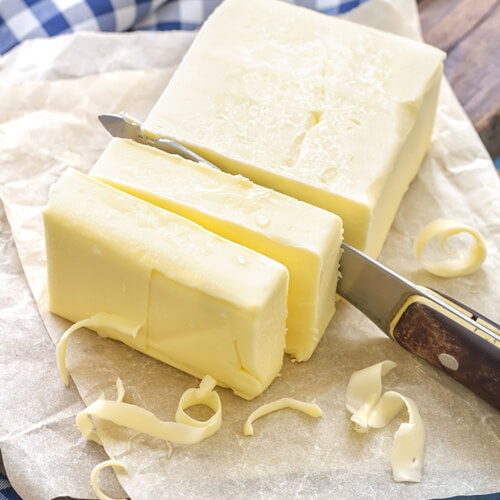Butter battle over: butter’s better
The war for the top of your breakfast toast is quickly coming to an end. Unilever, the international foods giant that produces such margarine spreads as Country Crock and I Can’t Believe It’s Not Butter, has announced that it will be including real butter in its spreads moving forward. Margarine’s concession to the enemy comes after years of declining consumer interest in margarine as tastes shift toward natural products.
A losing strategy
Over the last two decades, the margarine makers’ strategy has been to convince consumers that the dairy fats found in butter are unhealthy. Margarine has been touted as the good-for-you alternative since it is made from plant oils with less saturated fat than cream. Margarine companies even fortified their spreads with such trendy health supplements as omega-3 fatty acids and plant sterols, attempting to align themselves with the nutrition-conscious set.
A new foods zeitgeist
This strategy has put margarine on the losing side of a changing food zeitgeist that is more focused on avoiding heavily-processed foods than fat content. Butter has a very nice bucolic tradition about it, whose reputation conjures up images of the family-run farm churning butter by hand as the cows come home. Margarine, on the other hand, is the industrial revolution’s answer to this idyllic story. It is “high-tech” butter – a butter alternative that promised consumers that they could have their straight-from-the-farm taste without all the negative effects that emerging science has denounced butter to have. It is exactly this lab-to-table brand story that has turned off consumers, consumers who are buying more and more from the farmer’s market and less and less from the grocery warehouse super-store.
The numbers
Unilever’s recent move to add butter to its spread may be too little too late. U.S. margarine consumption is at a 70-year low, prompting some investors to call for the company’s divestment of their margarine brands while there is still money to be made from such a move. Butter, on the other hand, is enjoying a resurgence, with sales up 65 percent since 2000.
Cooking for changing palates
For online culinary arts program students, the end of the butter wars is a definitive signifying mark in the changing tide of American palates. Americans are shunning anything that appears to be over-processed. As students learn the techniques of cooking for an American audience, it would behoove them to take account for the kinds of fresh, natural ingredients to which their customers are attracted. At the very least, throw out your margarine.


